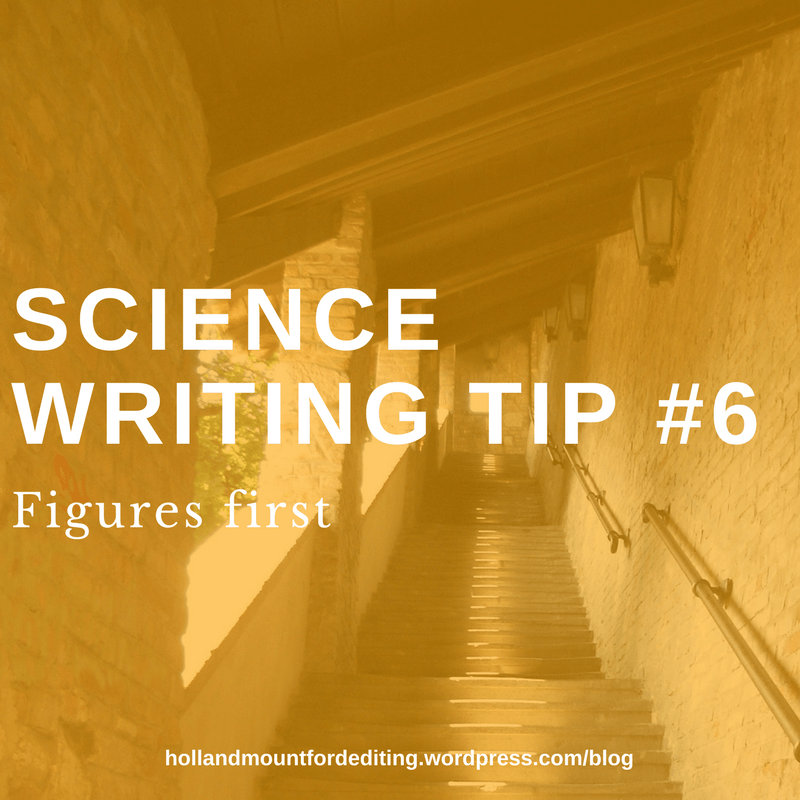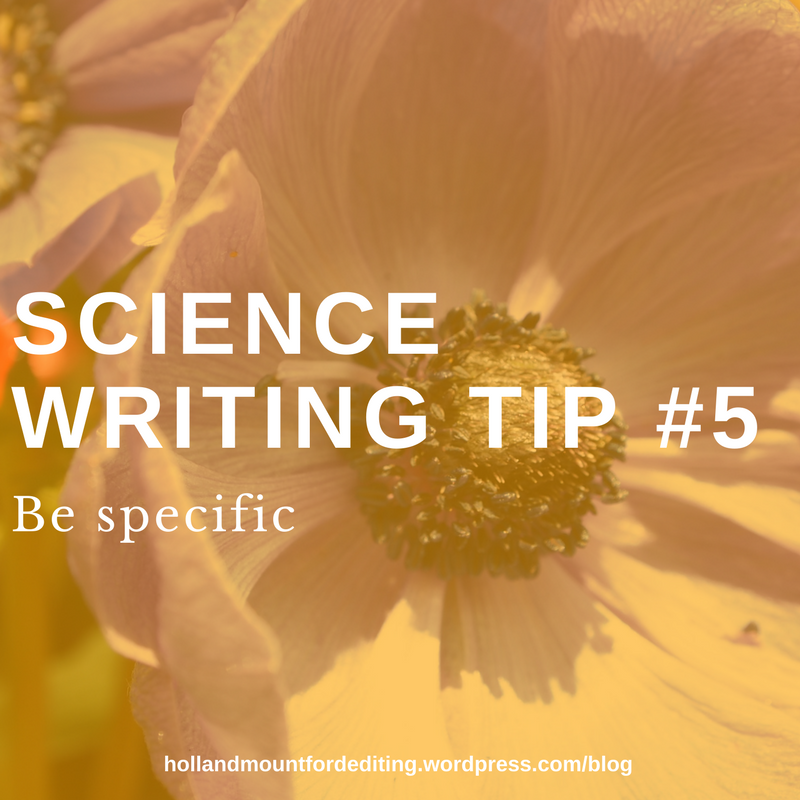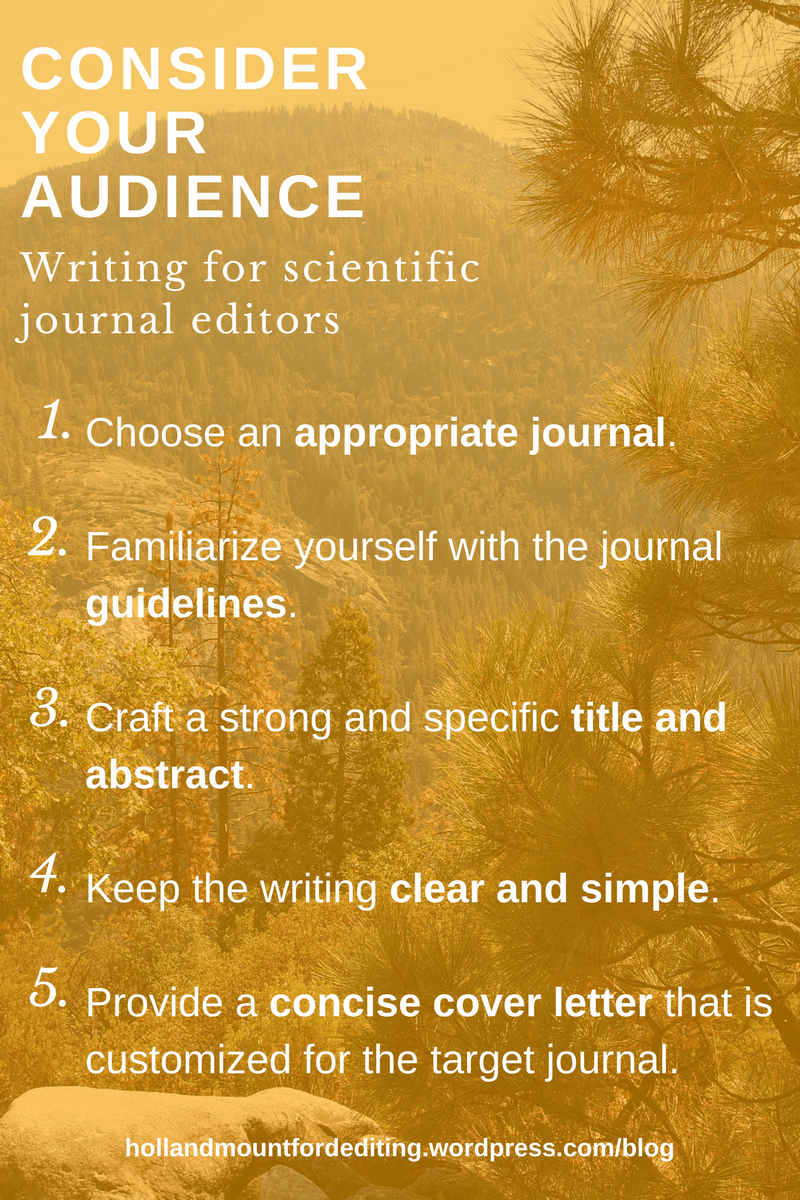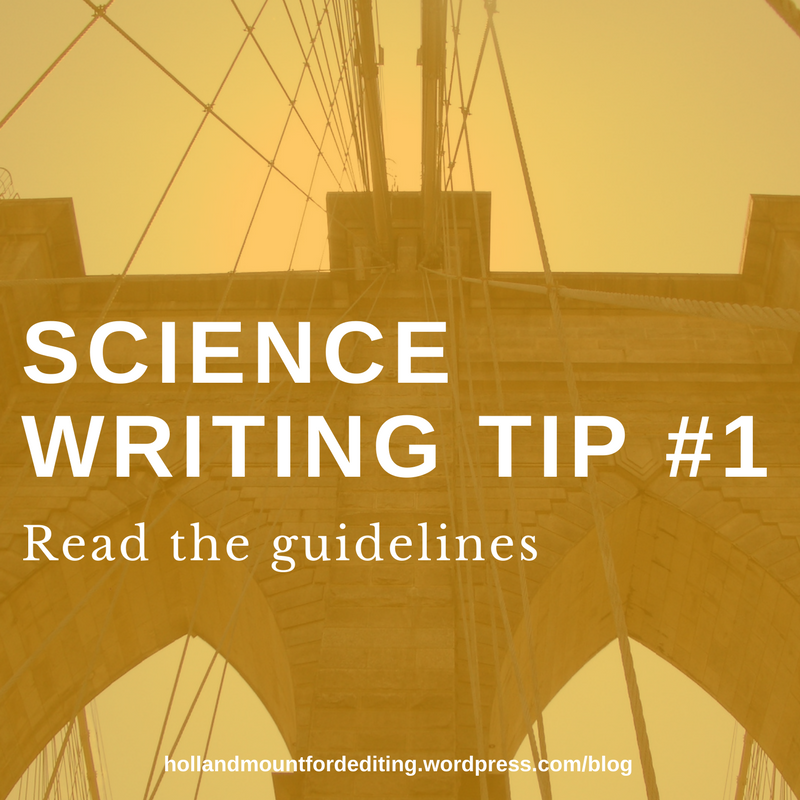In my PhD lab, we always drafted our results into figures before we started writing our manuscripts. Starting with your figures allows you to determine the story that your findings tell and identify any weaknesses.
Science writing tip #6: Figures first
Draft your figures before you starting writing your manuscript to generate an outline and ensure your story is complete.



